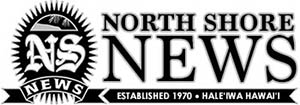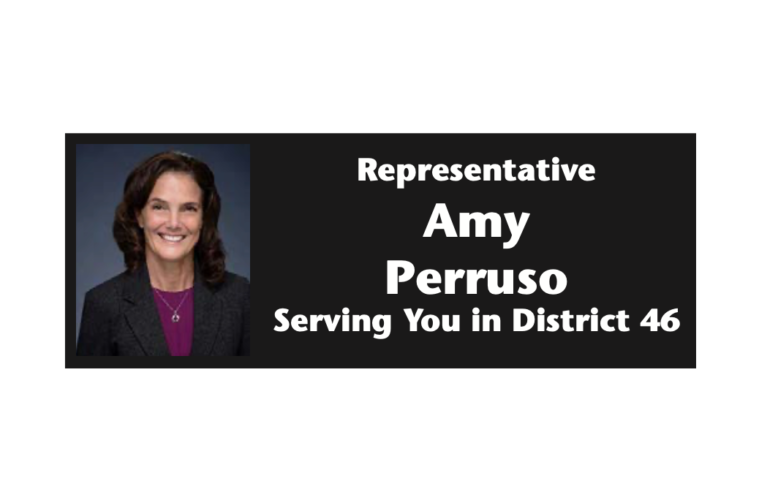Bringing the Capitol to Central O‘ahu and the
North Shore
Community Forums — May 12 (Mililani High
School), June 19 (Wahiawā, site TBD)
& July 3 (Waialua, site TBD)
The 2025 legislative session left House District 46 facing a triple threat: a $1 billion state-level revenue hole from last year’s HB 2404 tax cuts, a new federal administration intent on trimming Medicaid, SNAP, and education aid, and rising costs that squeeze family budgets from Kunia to Mokulēʻia. We cannot wait for an August special session to decide our fate in a vacuum of Honolulu committee rooms. Instead, we’re bringing the conversation home—first to Mililani on May 12, then to Wahiawā on June 19, and finally to Waialua on July 3. All of these forums will begin at 6 p.m. and go until about 7:30 p.m., with light pūpū to tide folks over.
These forums will serve three purposes:
1. Decode the session’s impacts. We’ll unpack how federal pullbacks and state tax giveaways may translate into loss of teacher positions, longer clinic wait-lists, and infrastructure projects put on hold.
2. Surface community-driven solutions. Economists warn that austerity deepens recessions, while targeted public investment keeps local economies humming. Progressive revenue ideas — raising the capital-gains rate, adding a 16 percent bracket for multi-million-dollar incomes, closing offshore corporate loopholes, and suspending select GET exemptions — could generate over $1.3 billion without asking working families to shoulder another penny. Which options feel fairest? Which programs should be shielded first? You tell us.
3. Set priorities for the special session. Whether your concern is shoreline erosion, public school funding, or keeping libraries staffed, we need your stories. The more specific the testimony, the harder it is for decision-makers to ignore. Democracy thrives on face-to-face dialogue — so come early, bring a neighbor, and leave with concrete ways to influence the budget votes still ahead.
Issue Spotlight: Predatory Gambling
The stakes grew higher in the 2025 session when the legislature adopted SCR 121, creating a year-long “Tourism and Gaming Working Group” populated in part by some of the world’s largest gambling corporations. Their brief: outline how to legalize casinos and online sportsbooks in Hawaiʻi. Proponents pitch gambling as a painless revenue fix, but global data say otherwise: revenues spike then plateau, while addiction treatment, policing, and family-service costs rise steadily—costs borne by communities like ours.
A handful of constituents do favor sports betting, and those opinions matter. Yet lasting, predictable funds can come from progressive tax reforms that ask million dollar earners, offshore corporations, and luxury-home speculators to contribute fairly — without relying on an industry that profits when local families lose.
At the May, June and July forums we’ll spend some time scrutinizing the working group’s mandate: How would gambling change housing costs, youth mental health, or small-business cash flow in HD 46? How does it compare with revenue options that strengthen, rather than gamble with, community well-being? If you believe legalized gambling is worth the
risk — or if you fear its fallout—your voice belongs in this discussion. Let’s ensure the coming year’s policy roadmap reflects North Shore values of fairness, resilience, and aloha for every neighbor.



